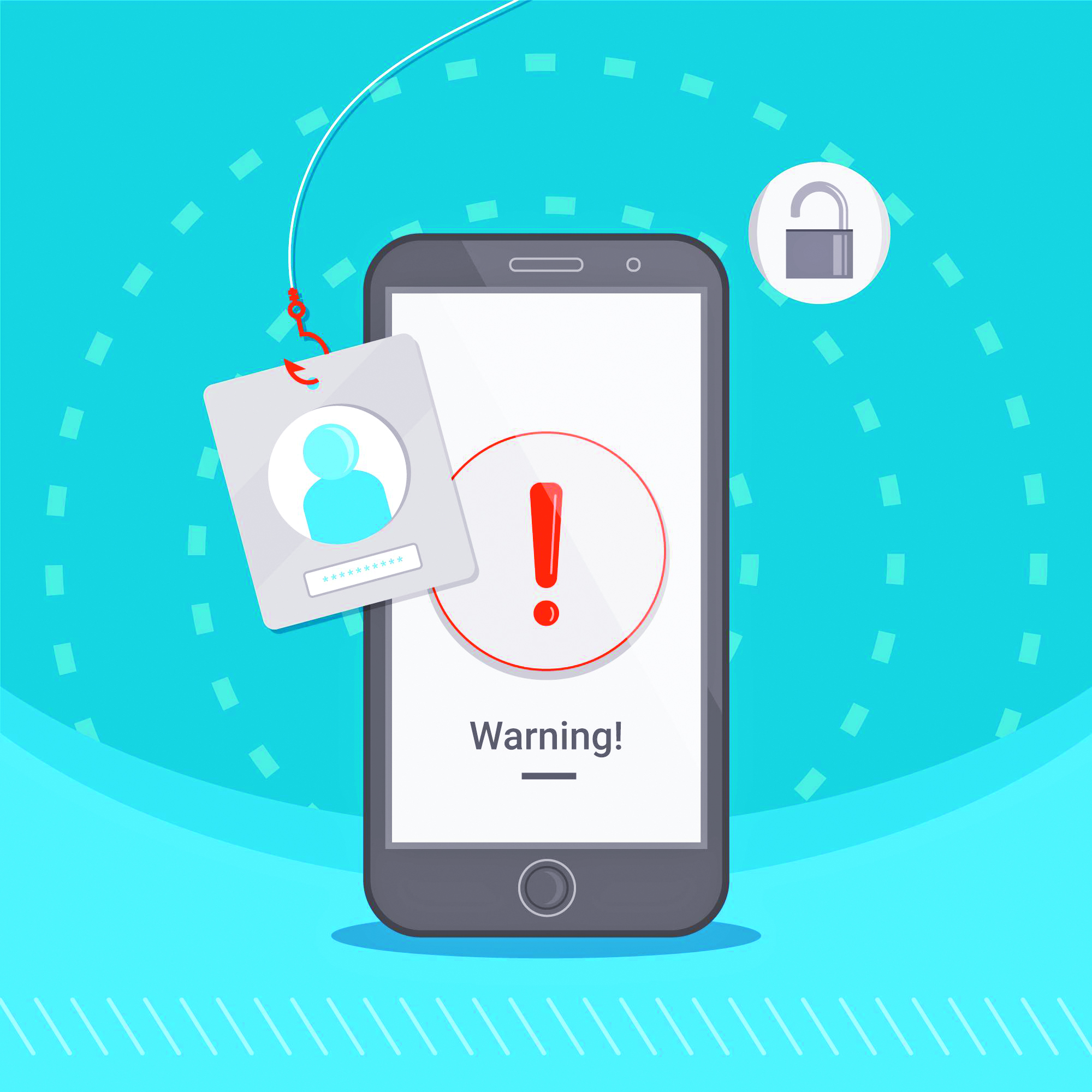iPhone maker Apple warns of Pegasus-like spyware attacks on select individuals

New Delhi: iPhone maker Apple has issued a warning regarding Pegasus-like sophisticated spyware that targets a select group of individuals, often journalists, activists, politicians, and diplomats.
These mercenary spyware attacks, while infrequent and costly, are a persistent and worldwide concern, as stated in an Apple alert on April 10. The company has linked these attacks to state-sponsored activities based on historical data and research.
The alert aims to inform and aid those who may be targets due to their identity or profession. These attacks are significantly more intricate than typical cyber threats, with attackers deploying substantial resources to target specific individuals and their devices.
This warning coincides with election periods in approximately 60 nations, including India.
Apple has highlighted that these spyware attacks are expensive, often short-lived, and difficult to detect and prevent. However, they are unlikely to target the majority of users.
Past reports suggest that such targeted and costly attacks are often linked to state actors or companies creating spyware for them, such as the NSO Group’s Pegasus.
Pegasus spyware could compromise mobile phones with just a missed call on WhatsApp.
Despite targeting a limited number of individuals, these spyware attacks continue unabated globally.
Apple acknowledges the high cost, complexity, and global reach of these spyware attacks, classifying them among the most sophisticated digital threats today.
The company advises users who have been notified of potential targeting to activate lockdown mode on their devices for protection.
Apple emphasizes that these spyware attacks are well-funded and constantly evolving. The company relies on internal threat intelligence and investigations to identify such threats. While absolute certainty in investigations is unattainable, Apple assures that its threat notifications are reliable indicators of targeted spyware attacks that should be taken seriously.
Recent surveys reveal that nearly half (49%) of organizations worldwide cannot detect breaches on employee-owned devices, highlighting a significant risk in mobile security. According to Check Point’s Threat Intelligence report, the prevalence of mobile malware affecting organizations in India averages 4.3 per cent weekly, higher than the APAC average of 2.6 per cent over the past six months.



